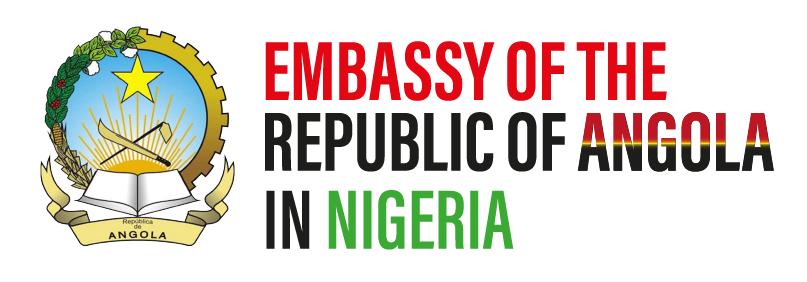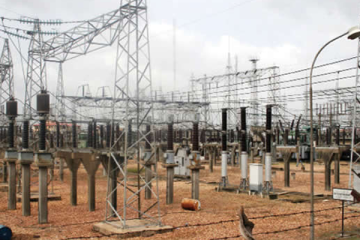The Chairman of the Economic and Financial Crimes Commission, Ola Olukoyede, has decried the rise in cybercrimes globally.
According to him, the amount lost globally to cybercrimes could reach $10.5tn, adding that his research showed 2,328 cases are recorded daily.
He noted that in Nigeria, $500m was lost to the scourge in 2022, adding that cybercrime suspects got a larger share of the 3,455 convictions recorded by EFCC in his one year in office.
Some governors and other experts at the event, however, called for initiatives other than arrests to reduce cybercrimes in the country.
Olukoyede spoke on Tuesday at the national cybercrime summit organised by the EFCC, in collaboration with the European Union-funded Rule of Law and Anti-Corruption Programme of the International IDEA.
The EFCC boss said, “Projections by multiple sources show that the global loss to cybercrime may reach a staggering $10.5tn.
“As a matter of fact, the research I did earlier this year confirmed that cybercrime has become the third largest GDP in the world with approximately 2,328 cases occurring daily.
“The implication of all this is that if left unchecked, cybercrimes pose grave dangers to the entire world.
“Bringing it to Nigeria, in 2022 alone, Nigeria lost over $500 million to cybercrimes. These are the realities driving the commission’s fight against these crimes.
“Cybercrime accounts for a significant percentage of the 3,455 convictions recorded by EFCC in my one year as the Executive Chairman of EFCC.
“A significant portfolio of choice assets has also been recovered and returned to both local and foreign victims of cybercrimes by the commission.
“We are not oblivious of insinuations and misconceptions in some quarters.”
Olukoyede noted that as part of measures to curb crime, the anti-graft agency was building a cybercrime research centre.
“We are putting up a Cybercrime Research Centre in collaboration with one of the fintechs in Nigeria.
“It’s a centre that will take a minimum of 500 young Nigerians at a time and train them in cyber security and all areas of cybercrime research so that we’ll be able to make something out of them,” he added.
He called on the governors to embrace such initiatives to help in the fight against cybercrimes in the country.
Olukoyede also said that a Rapid Response Desk had been established to receive complaints on cybercrime in Nigeria.
The Minister of State for Youths, Ayodele Olawande, urged youths to steer clear of cybercrimes, noting that poverty was not an excuse to indulge in one.
He also called for initiatives other than arrests to reduce cybercrimes in the country.
Olawande said, “It’s not about the bombardment of houses, doing all this stuff and all that. It’s bringing up initiatives, ideas that will encourage a lot of young people.”
Kwara State Governor and Chairman of the Nigeria Governors’ Forum, AbdulRazaq AbdulRahman, assured the commission of governors’ support in the fight against cybercrimes.
He said, “I am impressed with what the EFCC, and the National Orientation Agency, amongst others, are already doing in the new media and in our basic schools to reshape the minds of our young people on the issues of crime, drug abuse, and patriotism.
“This effort should be taken to another level so that we may have a national consensus. You have our support in this regard.”
Also speaking, Zamfara State Governor, Dauda Lawal, said he was not scared of the EFCC.
According to him, people elected to the position of leadership should be accountable and transparent.
Lawal said, “I am not scared of EFCC. Why would I be scared of EFCC? We’re here to serve, and this is the way forward.
“People should be accountable. People should be transparent. That is the way. That’s leadership.”
The governor, who stated that he was not aware of the suit by some of his colleagues against the EFCC, said he was ready to give his support to the commission.
He said, “I’m hearing this for the first time about the suit, and that’s the truth. So I don’t know what it contains. I can’t comment on that.
“But my coming here is to also give my support to the commission, especially in a time like this when Nigeria is facing so many negative challenges to do with cybercrime.
“So this is a very good opportunity, and I believe this is the way forward so that we can redeem the image of Nigeria in the comity of nations. What will you do as a governor to see that cybercrime is eradicated? We are ready to support the EFCC.”
The Head of International IDEA, Danladi Plang, said as technology progressed, reliance upon it had escalated, thus increasing cybercrime.
“Nigeria has a very youthful population, which is versatile in the use of technology.
“This skill has been used negatively in various forms, including in digital financial crime. This has not only given the country a bad name internationally but also a significant threat to the country’s financial system and increased crimes against the person, including child pornography.
“While we acknowledge the effort made by the EFCC and other law enforcement agencies in fighting cybercrime, perhaps we need to rethink our traditional approach of arrest, trial, conviction and imprisonment in fighting crime,” Plang said.
He added that by focusing on other ways of channelling the energies of youth and their skills in the use of technology, the country could strengthen its cybercrime prevention and response mechanisms and, at the same time, create more legitimate opportunities for young people.
The PUNCH journalist, Solomon, has five years experience covering crime, judiciary and defence beats.



